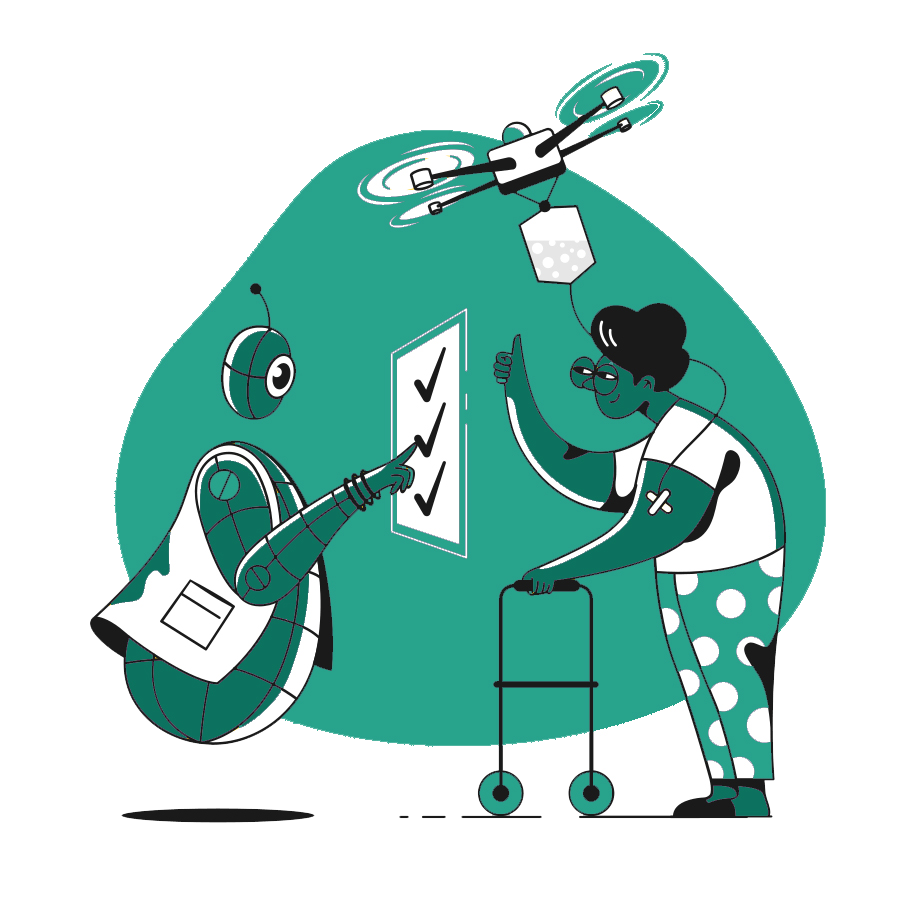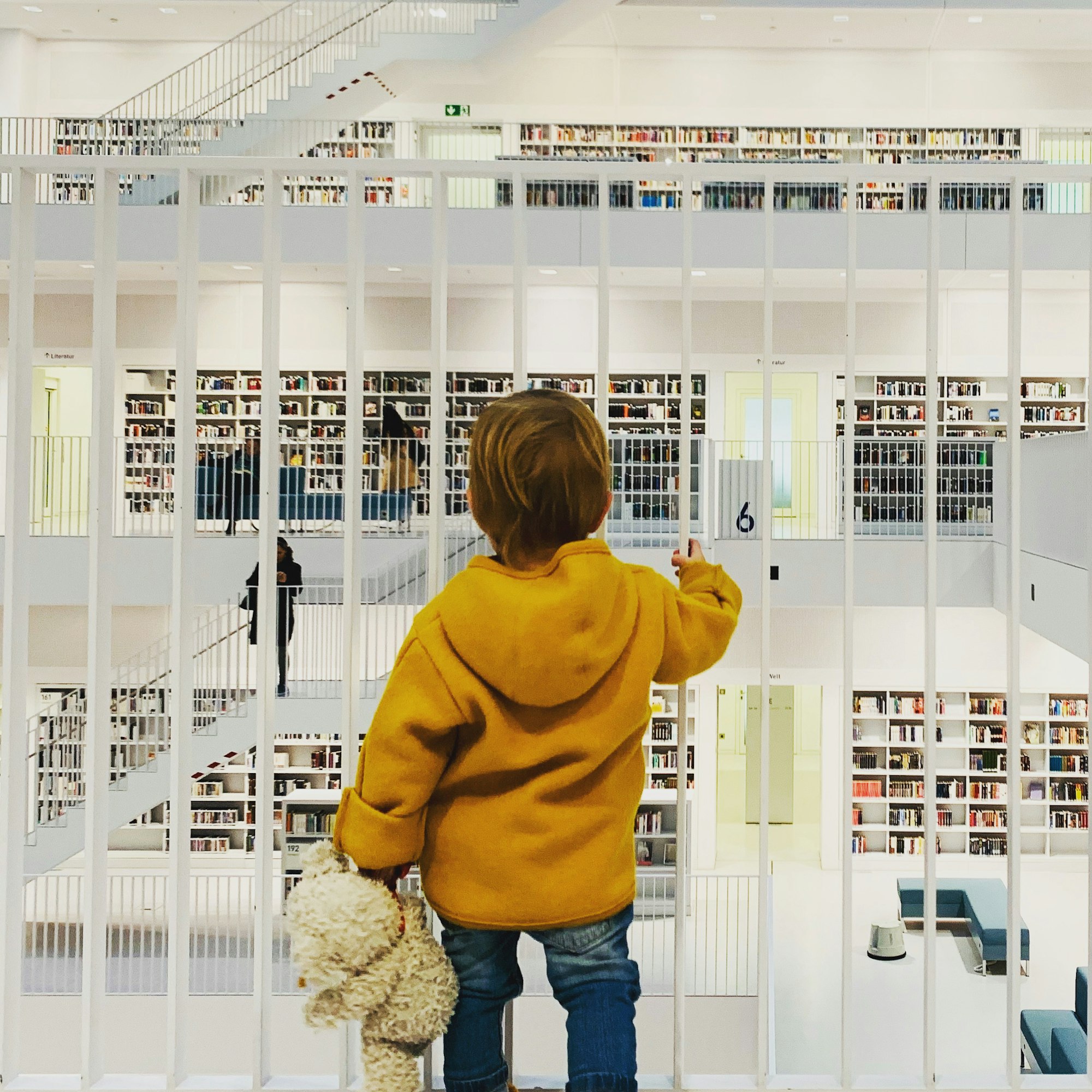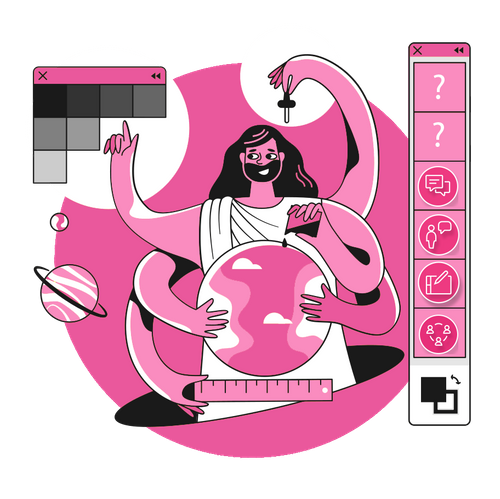As the world becomes more complex, our education system needs to embrace the 4C’s - Collaboration, Creativity, Communication, and Critical Thinking - to ensure our students can thrive in the future. If you are not fully convinced (and you shouldn’t take us on our word), read more about the 4C's below:



These 4C’s can help students thrive individually, equipping them for the future and making them able to perform in an increasingly complex environment. At the same time though, it seems evident that humanity as a whole is ill equipped to address the absence of social collaboration and a crisis of commercial creativity. If the role of education is to ensure that students are ready to “change” the world, and not merely “exist” in it, then perhaps we need to consider Citizenship and Character as a welcome addition to the original 4C’s.
By citizenship, we mean the idea that a subject enjoying the benefit of an established group should be vigilant in recognizing the advantage and in spotting signs of corruption of the organization itself. By doing this, a citizen is entitled to rights equals to his civil duties, as per the social bond.
By character, we define it as the ethics of “doing the right thing” in the broader sense. Not a specific idea of ethics, but the capability to self-subject to a code of conduct in the belief this would create greater community advantage, sometimes at the expense of personal short term goals.
From this broader perspective, it’s hard to argue against their inclusion. In a time where we are observing increased intolerance, unacceptable levels of nationalism and many leading countries globally starting to look inward, the idea of fostering citizenship at a young age should be seen as a prerequisite to social and economic development in the future. While the concept of developing character is nothing new in most classrooms, is an important foundational element for adulthood and provides a moral framework for the development of the original 4C’s.
This was the basis of Professor Micahel Fullan’s work at the University of Ontario where he suggested the addition of citizenship & character to the original 4C’s. The benefit of teaching students to make the world a better place by introducing a 6C model is clear.
If one assumes that we need a new generation of students to effect positive change than teaching the 6C’s as a foundational set of skills is a non negotiable.
Wanting to teach the 6C’s is a noble endeavor, it does require rethinking a number of the components required to land them effectively:
The learning environment is as important as the learning content.
If your planning to run a 6C session on campus then reconfiguring the classroom to allow freeflow collaboration and communication is essential. You don’t want students seated “in rows, eyes front” - such seating arrangements are valuable for conformity driven lessons, but they are not helpful for 6C type lessons. Organic team based setups where students break up into smaller groups of 4-6 works best. This can also easily be replicated for digital and remote learning, using breakout functions.
It's hard to teach 21st century skills in a 19th century learning environment
Dedicated Time in the Curriculum
Learning the skill of the future has to be an intentional process where time is freed up in the curriculum to create space where new skills are learnt through new subjects in an appropriate environment. This cannot be accomplished by attempting to shoehorn or infuse the 6C’s with geography, history, math and other traditional curriculum subjects. While it might look good on a policy paper and in a school brochure, in practice, it's difficult to demonstrate tangible outcomes.
To be specific, the skills of the future have to be landed in a clear and definitive manner and not in an abstract fashion. Otherwise, students are not being properly prepared and educated to deal with the ambiguity and uncertainty that will continue in a post covid world. This means creating blocks of time in the curriculum to teach these essential 21st century skills.
The illiterate of the 21st century will not be those who cannot read and write, but those who cannot learn, unlearn, and relearn. - Alvin Tofler writer & futurist
What subjects are best suited to landing the 6C’s
Like any skills the 6C’s take time to develop. If you're a swimmer or boxer, you don't get better at the sport by just learning the moves - you have to repeatedly practice them until they become second nature. The 6C’s are capabilities best delivered in applied subjects that are project orientated and focus on problem solving.
Applied subjects like Design, Data Science, Entrepreneurship & Robotics can be areas where students can practice, apply, learn, and become comfortable with the 6C’s. Equally most school systems allocate time to “life skills” in the curriculum.
These are subjects that are problem solving in nature, where students will make mistakes, and in applied subjects, mistakes are good. They encourage you to unlearn and relearn new methods and ways of thinking as new evidence is uncovered on a journey of discovery until you get a suitable outcome, making them ideal for 6C’s thinking.
The 6C’s take time to learn and are best learnt by doing. They are, by definition, action orientated, with clear and tangible outcomes. Thus it’s important for a student upon graduating from either middle school or high school to be able to share evidence of their work in a portfolio demonstrating the innovative and creative outputs of their time spent - not just learning the 6C’s but applying them as well. This will place them in an immeasurable better position when they leave school to survive and thrive in a new environment.


